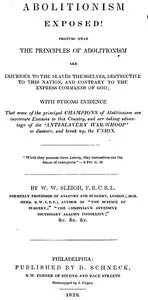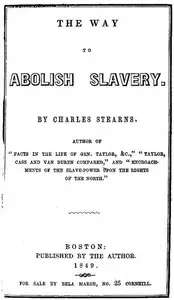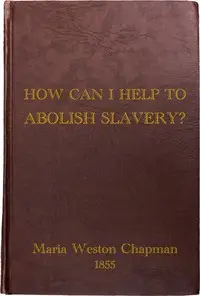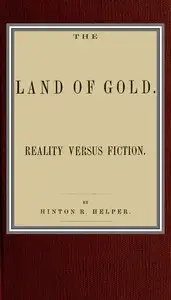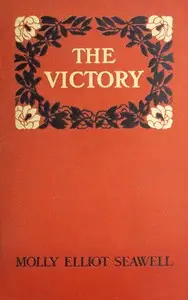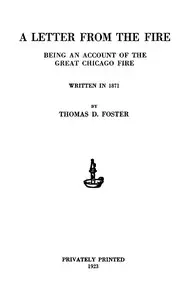"The Impending Crisis of the South: How to Meet It" by Hinton Rowan Helper is a book about the problems that slavery caused in the South, hitting both its economy and its values. It's like a call to action, urging white Southerners who didn't own slaves to wake up and realize that slavery was holding them back and making the South weaker compared to the North. Helper's main argument is that getting rid of slavery is not just the right thing to do, but it's also the key to helping the South become successful and respected. He plans to show, with facts, how free states were doing way better economically than slave states. The author knows he might get in trouble for speaking out, but the goal is to promote freedom and encourage others to stand against slavery.
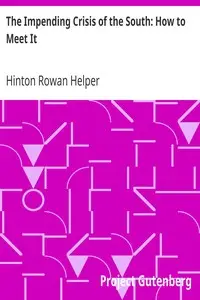
The Impending Crisis of the South: How to Meet It
By Hinton Rowan Helper
A bold call for economic and moral change ignites when a writer challenges the very foundation of the South's reliance on slavery, risking everything to awaken a region to its self-imposed limitations.
Summary
About the AuthorHinton Rowan Helper, from North Carolina, was a writer, abolitionist, and white supremacist. In 1857, he published a book that he dedicated to the "non-slaveholding whites" of the South. Titled The Impending Crisis of the South: How to Meet It and written partly in North Carolina but published when the author was in the Northern United States, it argued that slavery hurt the economic prospects of non-slaveholders and was an impediment to the growth of the entire region of the South. Anger over his book due to the belief he was acting as an agent of the North attempting to split Southerners along class lines led to Southern denunciations of "Helperism."
Hinton Rowan Helper, from North Carolina, was a writer, abolitionist, and white supremacist. In 1857, he published a book that he dedicated to the "non-slaveholding whites" of the South. Titled The Impending Crisis of the South: How to Meet It and written partly in North Carolina but published when the author was in the Northern United States, it argued that slavery hurt the economic prospects of non-slaveholders and was an impediment to the growth of the entire region of the South. Anger over his book due to the belief he was acting as an agent of the North attempting to split Southerners along class lines led to Southern denunciations of "Helperism."



